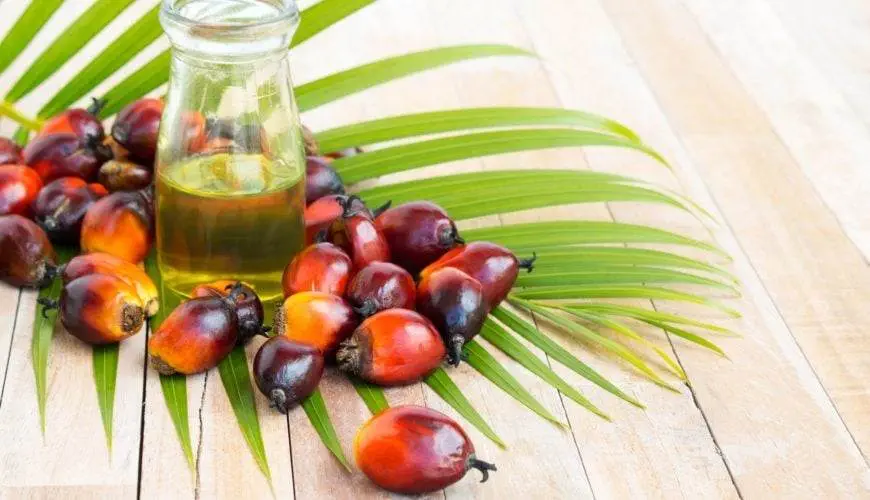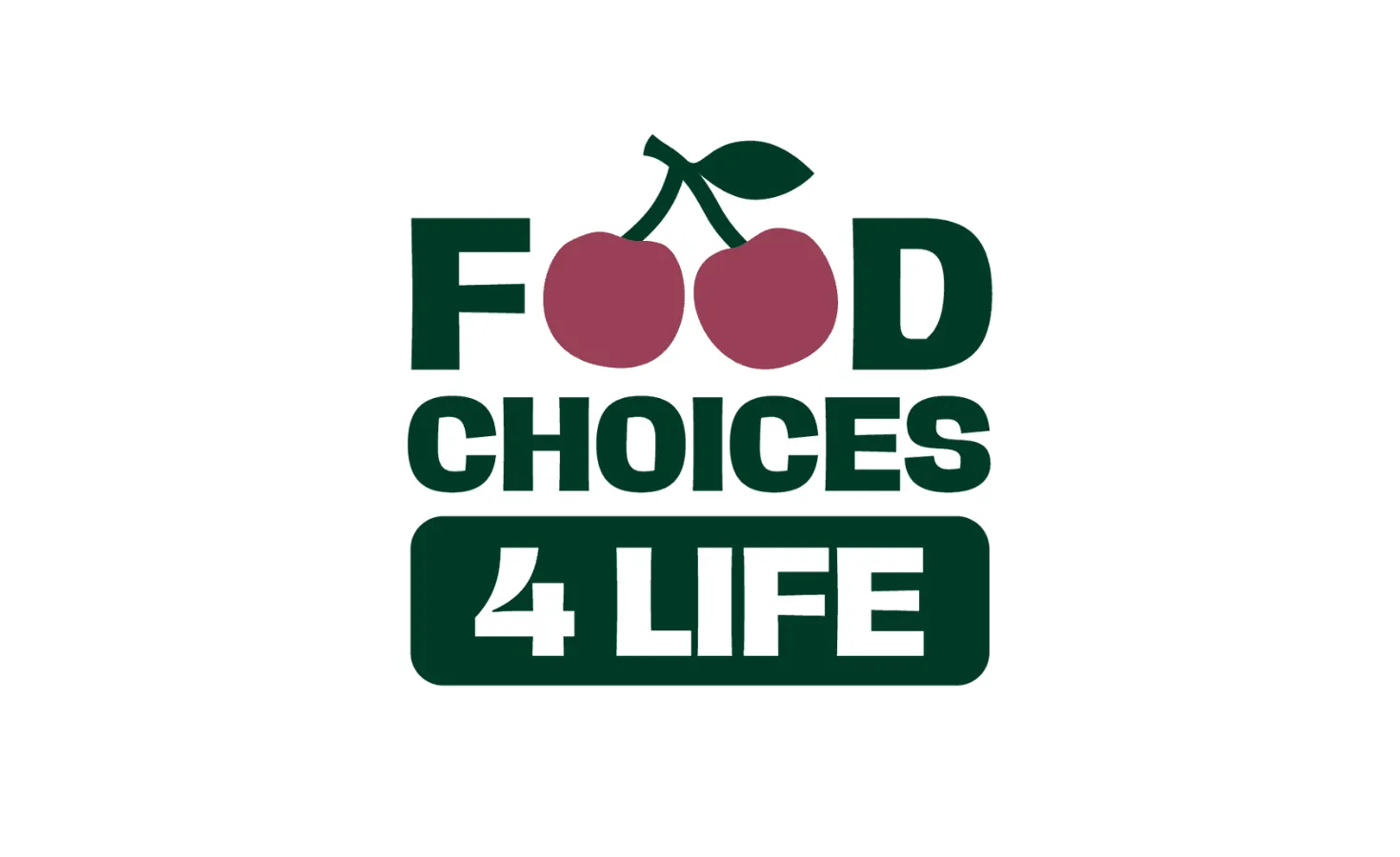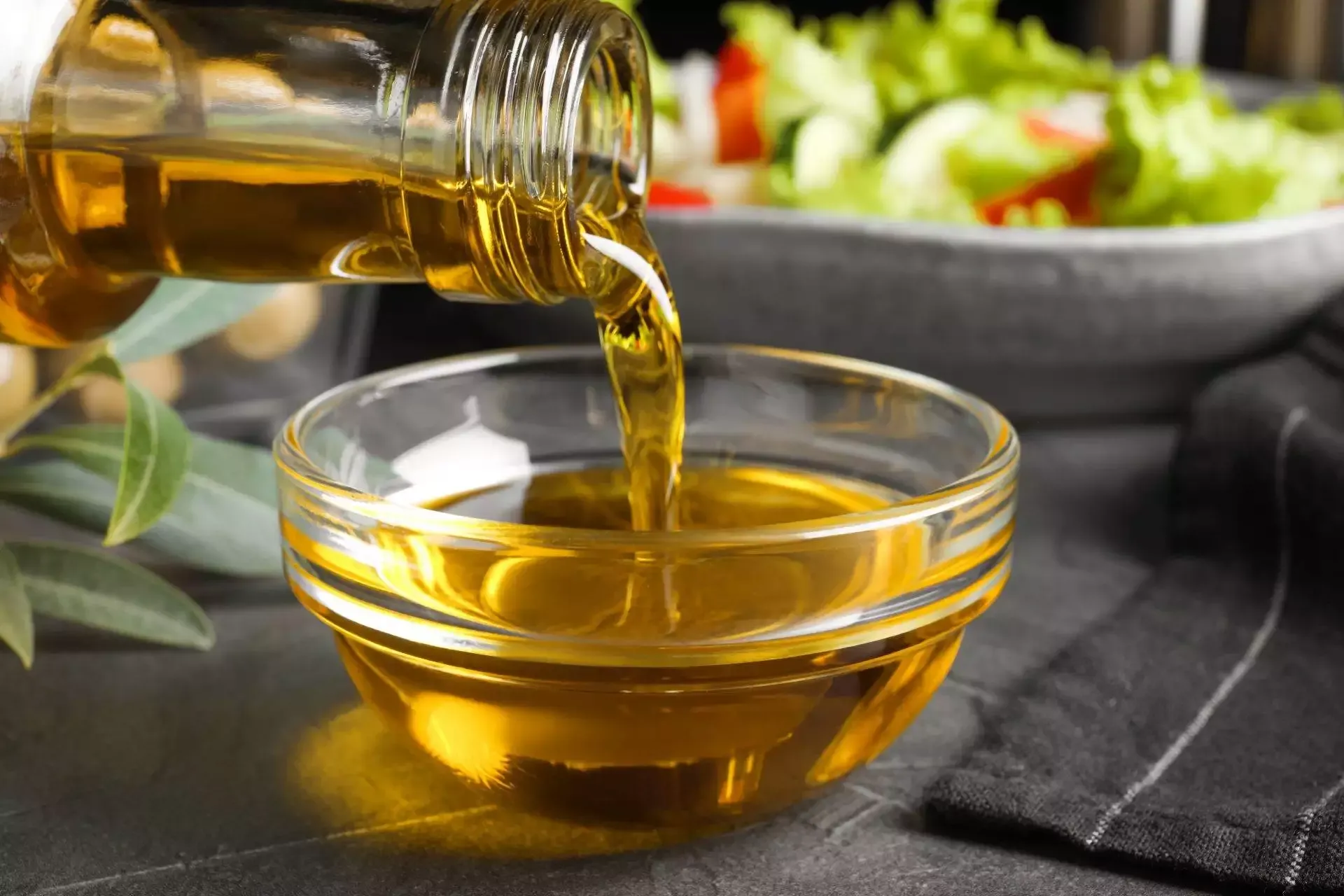Vegetable oils are frequently utilised as a substitute for milk fat in imitation dairy products. These products, particularly when they contain palm oil, offer improved shelf life and preservation characteristics as compared to those containing milk fat. Palm oil (PO), palm kernel oil (PKO), and their respective fractions are versatile materials that find numerous applications in non-dairy products.
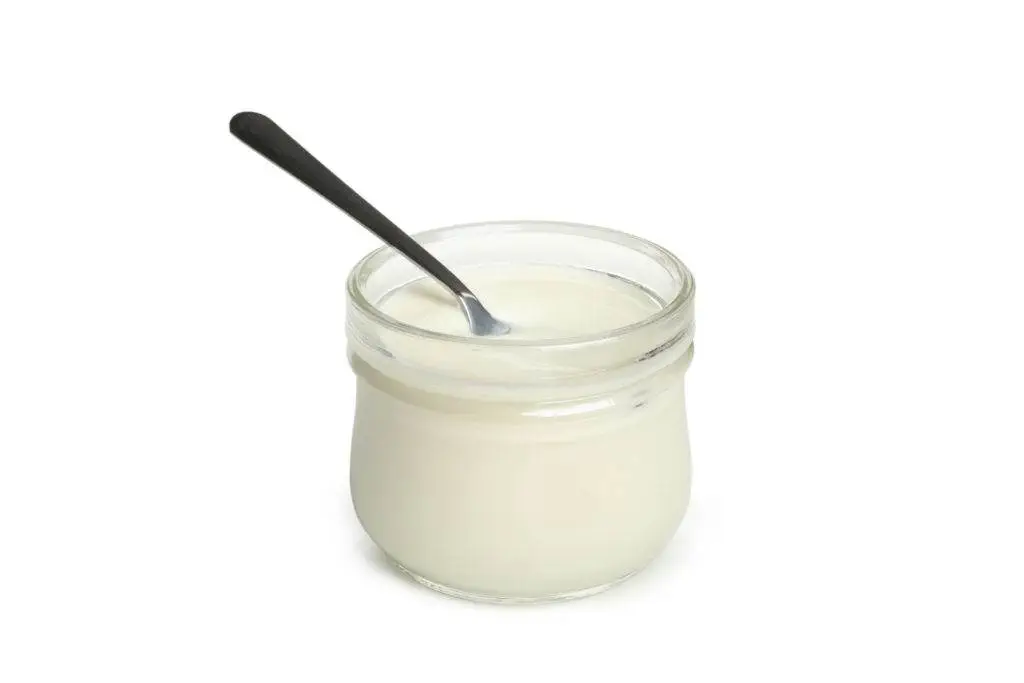
Creamer fats
Unlike dairy creamer, which often contains cholesterol1 and trans fatty acids, palm-based creamer stands out as a healthier alternative. It is entirely free from cholesterol and trans fatty acids, making it a heart-friendly option for those seeking to maintain a balanced diet and reduce the intake of harmful fats. Embracing palm-based creamer is not only a healthier choice, but also contributes to sustainable practices in the food industry.
Ice cream

In recent times, the utilisation of PO and PKO has gained significant traction within the ice-cream industry due to the exceptional properties that make them a viable substitute for conventional butterfat. PO and PKO have higher solid fat contents as compared to many other vegetable oils. This characteristic provides a creamy texture and helps prevent the formation of large ice crystals in ice cream, resulting in a smoother product. These oils also have specific melting points, which contribute to the desirable melting characteristics of ice cream products.
Filled milk
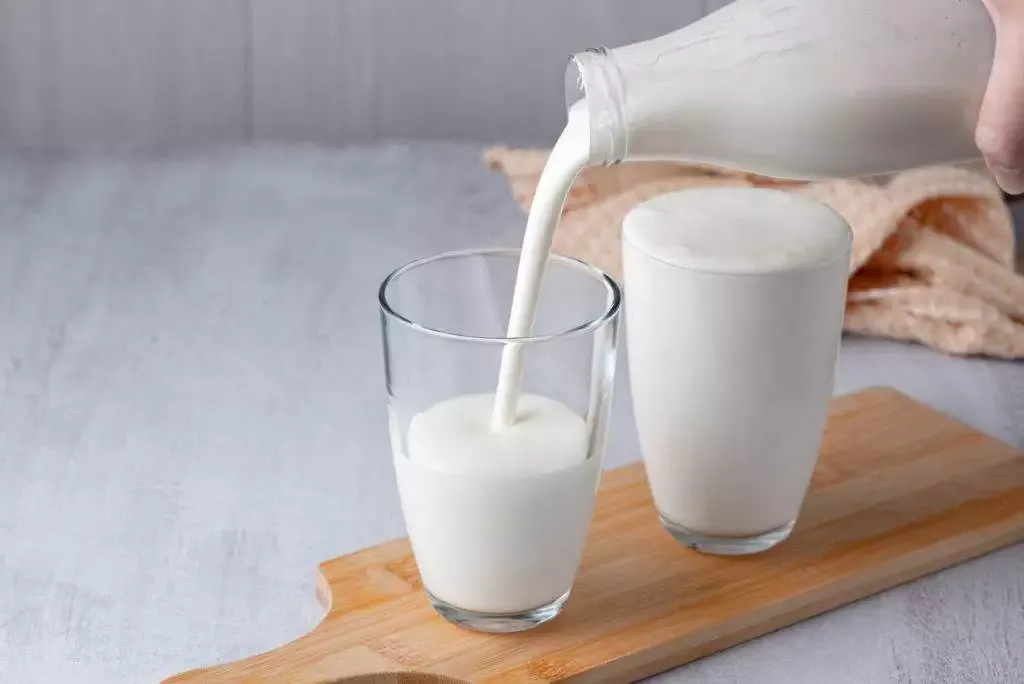
Maintaining the quality and freshness of filled milk products is of paramount importance, as milk is highly susceptible to deterioration, leading to undesirable off-flavours that can be easily detected by consumers. Hence, the oxidative stability of the oil used in formulating filled milk becomes a crucial criterion. Only oils and fats with a neutral taste and high stability can be used. Therefore, oils and fats with low contents of linoleic acid, or no linolenic acid at all, and a good level of natural antioxidants such as those of PO and PKO are preferred.
Cheese
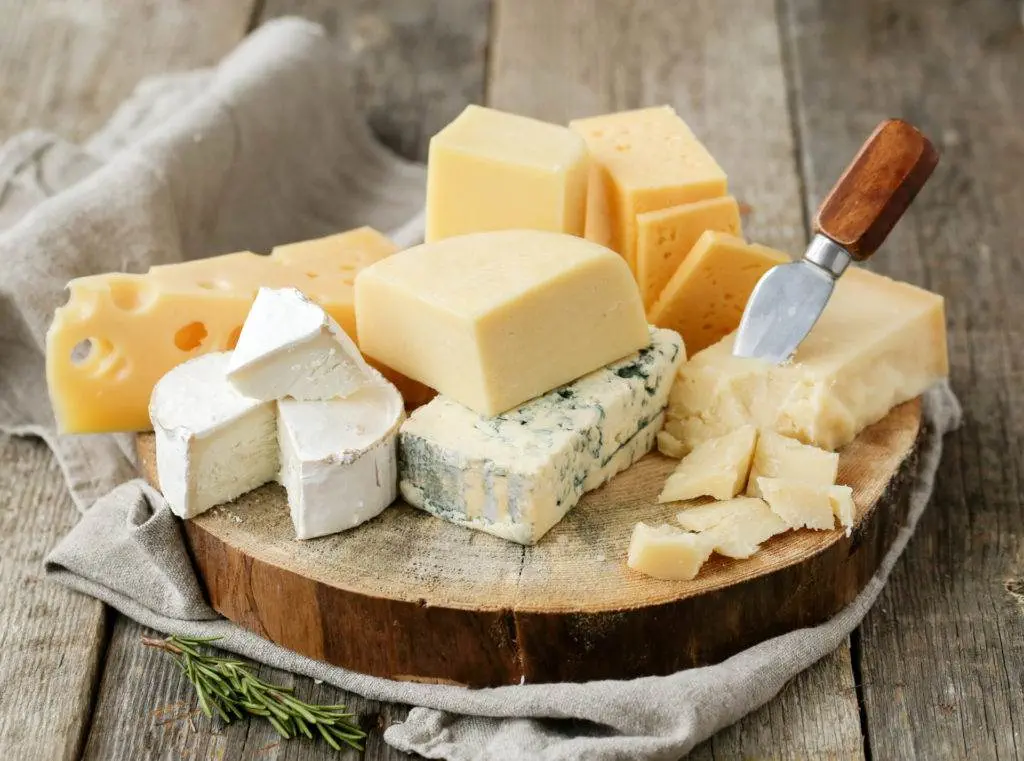
The application of PO, PKO, and palm fractions have been proven to be highly successful in formulating mozzarella analogues. These analogues boast a smooth appearance, ensuring an enticing visual appeal, while also showcasing desirable characteristics such as good shredability and meltability. The use of these palm-based ingredients has not only led to the creation of delectable mozzarella alternatives, but has also enhanced their overall functionality, meeting consumer expectations for both taste and performance.
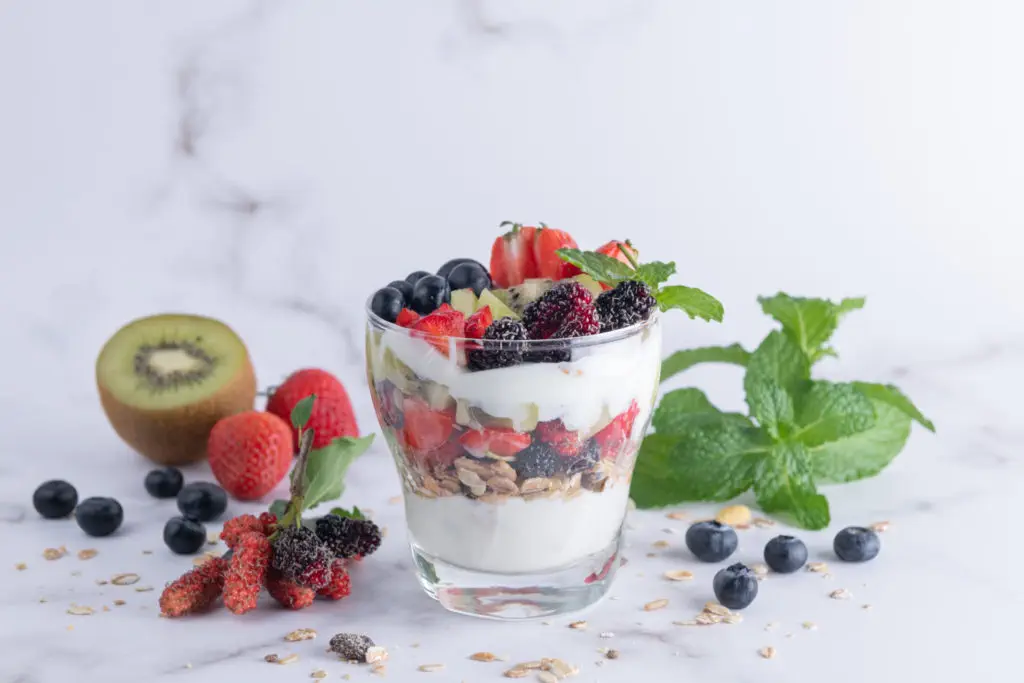
Yoghurt
In a study, palm-based yoghurt with 5% fat, formulated using a blend of PO and PKO received a high sensory score in terms of texture, colour, aroma, taste, and overall acceptability. Palm-based yoghurt has several advantages, e.g., it contains essential fatty acids and micronutrients such as vitamin E from palm blends, is free of cholesterol, and is more economical2.
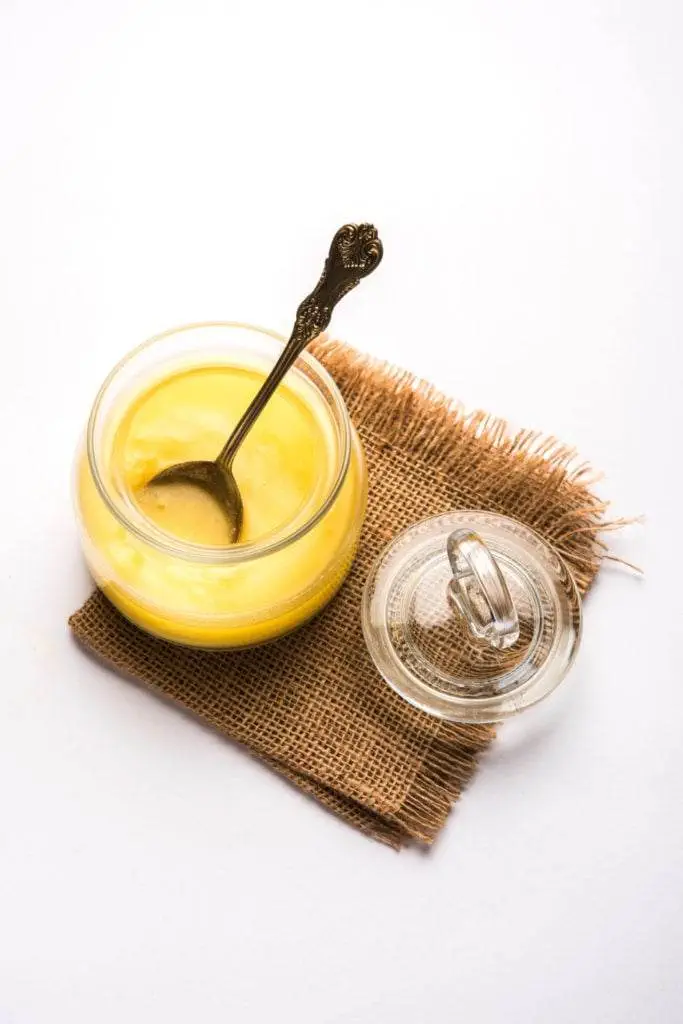
Vanaspati
With the absence of moisture, vanaspati becomes highly resistant to microbiological deterioration. This characteristic is particularly sought after as vanaspati is produced as a substitute for butterfat, which naturally exhibits slow crystallisation, resulting in a desirable granular texture. Hence, this appearance is not only aesthetically pleasing but is also often regarded as a hallmark of purity and superior quality3. PO and its solid fraction PO stearin (POs) help vanaspati obtain desirable physical characteristics.
In conclusion, PO and PKO and their respective fractions serve as highly versatile materials with unique properties and characteristics that make them valuable ingredients in various industries, not just food, but also cosmetics, pharmaceuticals, and personal care.
References:
- Pordy, W., T. (1994). United State Patent US5366751.
- Nor Aini I., et al (2002). Sains Malaysiana, 31: 241-259.
- Malaysian Palm Oil Board (2017). Pocketbook of Palm Oil Uses. 7th Edition.

Visit Malaysian Palm Oil Council’s website and follow them on Facebook, LinkedIn, and Twitter to learn more about palm oil’s nutritional and economical advantages as well as environmental sustainability.
BECOME A WORLDCHEFS PARTNER
Partner with Worldchefs to get connected with our international membership of professional associations, hospitality schools, and companies around the globe.
Learn more about our partnership opportunities here.

